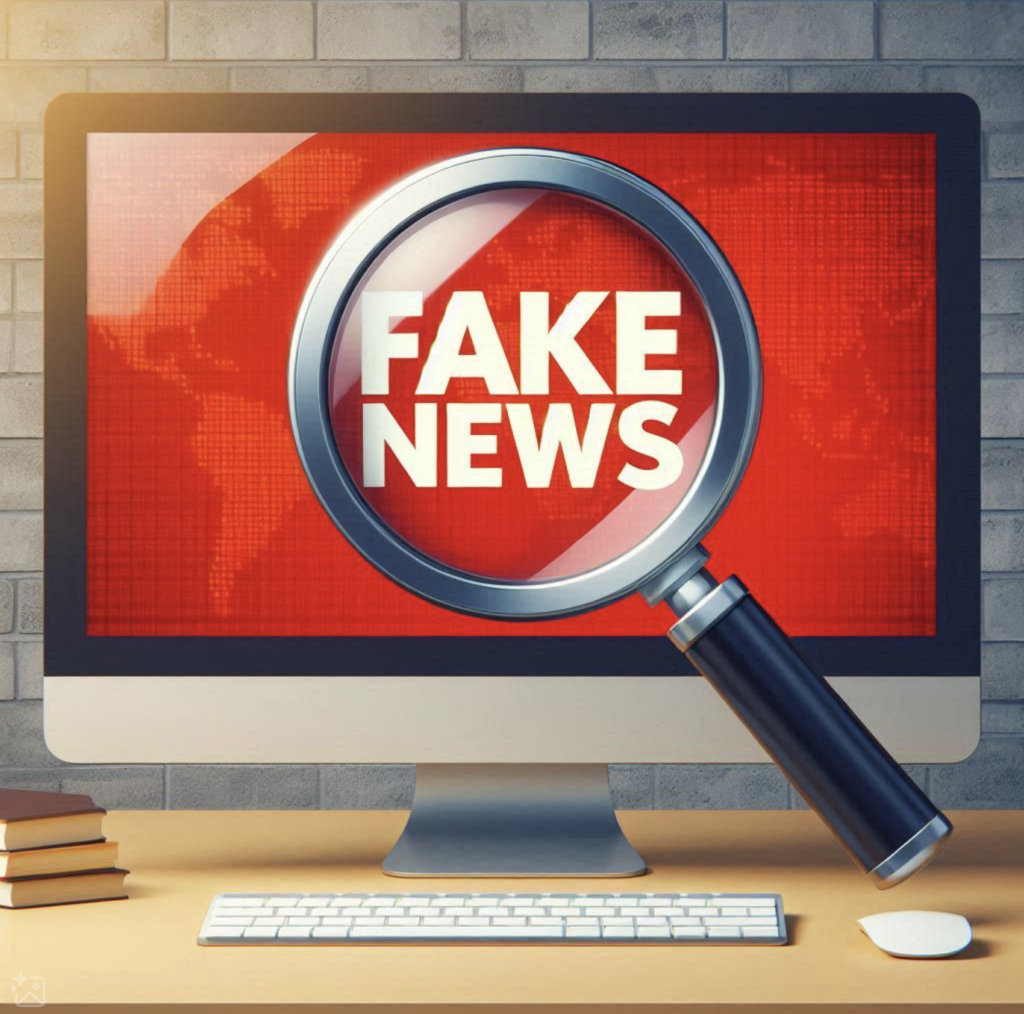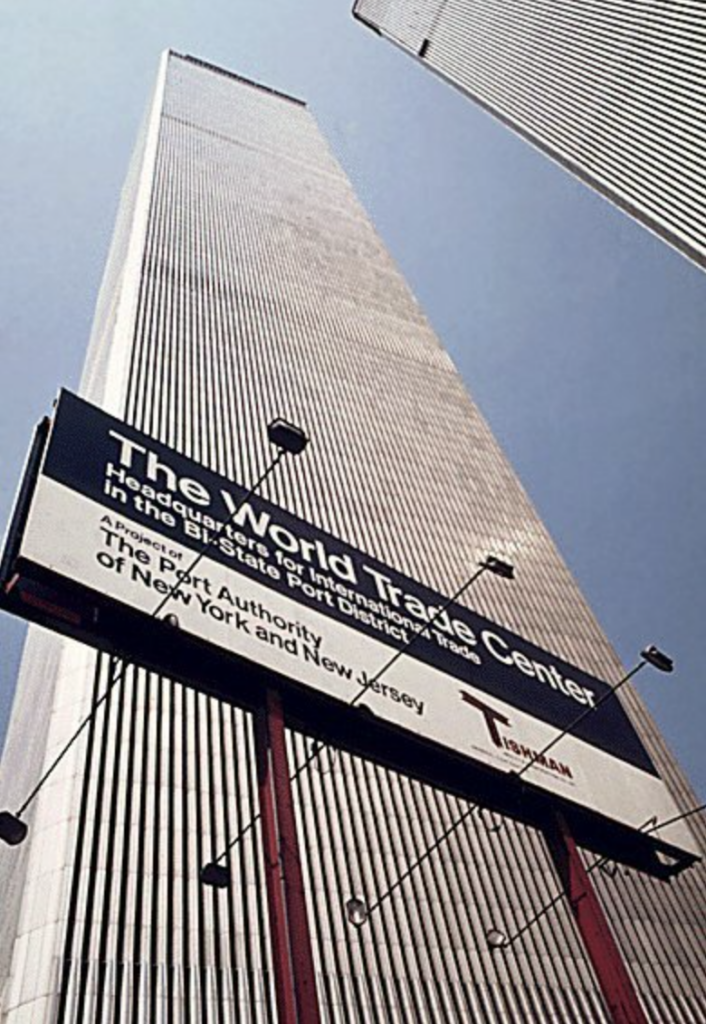
Every September, the nation commemorates the deadliest terrorist attack in human history, one that happened right here on American soil.
Though the first media reports that day offered scant details, they basically got the story right. A group of extremists had hijacked four passenger liners and flown them into the Twin Towers and The Pentagon. One of the planes was downed by its heroic passengers before it could reach its intended target. In all, 2,996 died that day.
Yet 9/11 did more than destroy lives and buildings. It also brought in a new era of information warfare. It primed the pump and opened the spigot for the ceaseless flow of weaponized deception we see today.
The events of that day spawned a stream of false narratives in a class of their own. In fact, the earliest of these appeared on the very same day, popping up online within hours of the attacks. But the web was still in its infancy then. Search engines did not have the filters in place they do now. Users who were eager to learn more about the tragic events found their way to websites implicating the government.
Yet there was no evidence for such claims, and in fact there never has been. Even so, about half of all Americans now believe the attacks were hatched in the very halls of power meant to defend us. This was all supposedly done so the White House could justify a war in the Middle East.
While many of the first Internet claims were anonymous postings in forums and chatrooms, some were likely concocted by foreign manipulators. By then, operatives could easily pose as concerned Americans worried about their liberties.
These fabrications also made the rounds via email chains. Remember those? The aim behind this deception was to confuse readers and build political resistance against a military response.
If the plan didn't quite work, there were plenty of reasons why. First, the Internet was still relatively new, meaning the plotters had fewer tools to work with. In some parts of America, the web was still inaccessible. In others, it was just a novelty. Second, the manipulators had not yet developed the tactics they use today.
Finally, the national mood was largely supportive of the White House. Americans everywhere were behind the new president, who suddenly had to manage a shocking act of violence deadlier than Pearl Harbor.

But let's not get ahead of ourselves. In the long run, those early efforts really did pay off. They planted the seeds of mistrust that have caused Americans everywhere to doubt both the intent and competency of their elected officials.
Just two years ago, the Pew Research Center found that voters are now deeply suspicious of and "dissatisfied with their government. Just 20% say they trust Washington to do the right thing most of the time." In fact, a full 65% say that candidates seek higher office not out of a sense of duty or higher calling, but to "serve their own personal interests."
Such deep-seated pessimism about American governance obviously undermines our democratic ideals, which is exactly what the enemy wants. Those who see office-seekers as opportunists really have no reason to vote. From their point of view, civic participation amounts to nothing more than the propping up of a corrupt oligarchy masquerading as a republic.
Consider the statics. In 2020, 66.6 percent of eligible voters took part in the presidential elections. That's not exactly terrible, but it's far less than in many other places. In Australia and New Zealand, for instance, voter turnout approaches 100 percent. Ditto for Indonesia, New Guinea, Turkey, Sweden, Uruguay, Bolivia, and Denmark.
If Ground Zero was ground zero for fake news, the shock waves have been substantial. Propaganda and disinformation are no longer reserved for major events. If it makes the news at all, it can be exploited for political ends. Presidential debates, State of the Union addresses, school shootings, interest rates, wages, court rulings, land use, product shortages, housing, vaccination, climate policy, and so on - all of these are fodder for the vast machinery that daily assaults our cognitive ecosystem.
Our adversaries also have more tools to work with. Perhaps the most significant of these is social media, which did not yet exist in 2001. First there was MySpace, which appeared in 2003. The next year we had Facebook, then along came Twitter (2006).
After that, the landscape exploded. MySpace eventually shuttered its windows and Twitter morphed into X. Facebook still rules the roost, but now we also have Instagram, Snapchat, TikTok, Telegram, Ok, and Rumble, to name but a few. And all of these have millions upon millions of unsuspecting users.
And because each of these appeal to distinct demographics, the messaging can be tailored for specific audiences. So while the Gen-Xers on Facebook see one kind of content, the Zillennials on Tik-Tok see another. But it all scoveys the same basic message: you're being lied to iin some form or fashion.
Then there are the troll farms, which weren't around on 9/11, either. Located in places like Russia and China, these massive data centers use webcrawler software (or bots) to deploy malign messaging at scale.
No longer do content creators have to generate posts one by one. Now they can produce a massive batch of materials and literally flood the Internet. With just a few quick clicks of the keyboard, they can put up fake narratives by the thousands, ensuring they find the largest audience possible.
Oh, and let's not leave out YouTube. Video platforms offer yet another way for manipulators to deceive content consumers. Deepfakes and false newscasts can be easily uploaded to these sites, none of which existed on September 11th.
If video is taking over the Internet, it's easy to see why. Filmed footage has been shown to be more impactful than plain old written text. Recent research reveals that consumers remember roughly 95 percent of a message when it appears in video form, but only about ten percent when it is relayed in writing. In short, video is simply more engaging.
AI has come along, too. Not only does it help manipulators craft more effective propaganda, but it can even generate content of its own.
And now we are on the cusp of a new age of AI video creation, in which artificially-generated visual footage will come across as believably real. Surely our adversaries will attempt to use this against us too, showing us filmed events that never really happened.

It does not help that audiences themselves are often unwitting partners in the spread of false content. By liking, sharing, or commenting on something - even to say it's fake - they play into the hands of the trolls who create it. Without necessarily meaning to, they raise its profile, telling the platform's algorithm that others should see it too. And the more engagement something gets, the more the platform promotes it.
While these sites do their best to police this content, the results are always uneven. No Facebook administrator can be an expert on every topic, and false claims often make their way past the gatekeepers.
Yet even when the monitors do spot it, the results are usually minimal. It matters little if a bad actor is booted from a platform. The operative can simply open a new email account and use it to create yet another profile. The cycle is endless.
At this stage, the problem is clearly outpacing the solution. We are being bombarded with a barrage of false information intended to cloud our thinking and influence our politics, leading us to make decisions counter to our best interests.
As we remember the fallen this September, we should also stop and reflect on the myriad of cognitive weapons currently arrayed against us. We should take stock of ourselves, as well. What are we doing or not doing that contributes to the problem? How can better defend ourselves as a nation?
We can best honor those who perished on 9/11 by pausing to assess the damage that has befallen us in the aftermath. If we can find the means to defend our collective psyche, we may just be able to avoid the next September 11th. What better tribute could there be?